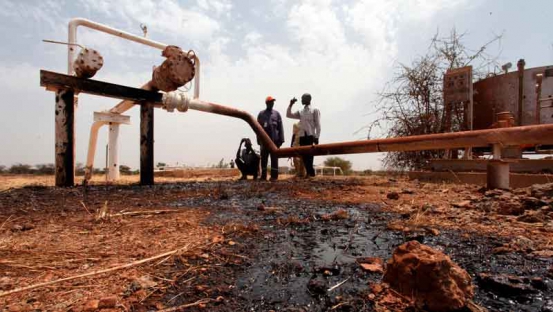×
The Standard e-Paper
Fearless, Trusted News

The ongoing oil and gas conference in Juba, South Sudan is sending the right signals to international investors and the East African Community.
Going by the declarations made early this week by senior government officials led by Vice President James Wani Igga and the Minister for Petroleum Ezekiel Lol Gatkuoth, all indicators are that the government is going all out to ensure the world’s youngest nation will soon be pumping at least 500,000 barrels a day. It sounds ambitious, but it’s doable.